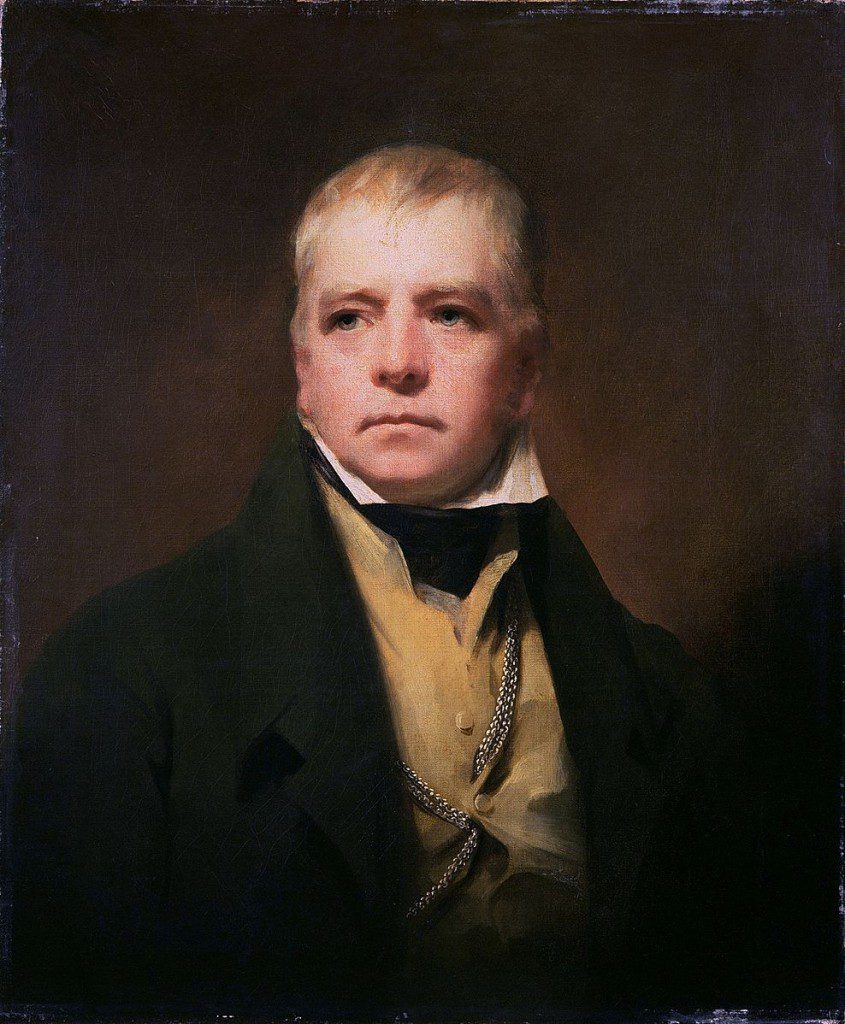
To be ambitious of true honor, of the true glory and perfection of our natures, is the very principle and incentive of virtue.
One hour of life, crowded to the full with glorious action, and filled with noble risks, is worth whole years of those mean observances of paltry decorum, in which men steal through existence, like sluggish waters through a marsh, without either honor or observation.
O, what a tangled web we weave when first we practise to deceive!
All men who have turned out worth anything have had the chief hand in their own education.
The half hour between waking and rising has all my life proved propitious to any task which was exercising my invention… It was always when I first opened my eyes that the desired ideas thronged upon me.
If you once turn on your side after the hour at which you ought to rise, it is all over. Bolt up at once.
If a farmer fills his barn with grain, he gets mice. If he leaves it empty, he gets actors.

(Wikimedia Commons)
Breathes there the man with soul so dead,
Who never to himself hath said,
“This is my own, my native land”?
Whose heart hath n’er within him burned
As home his footsteps he hath turned . . . ?
If such there be, go mark him well . . .
The wretch, concentrated all in self,
. . . Doubly dying shall go down
To the vile dust from whence he sprung,
Unwept, unhonor’d, and unsung.
Posted from Edinburgh, Scotland











